The different options that will help you become an accountant.
You don’t always need to go to university and get a degree to be an accountant. Yes, you heard us right, there are many different routes you can take to find a career as an accountant, whether you want to go self-employed or work for someone else.
Accounting is often seen as ‘mundane’ but it’s far from that. It can actually be one of the most fulfilling careers, whether you’re in the public or private sector. This profession comes with many benefits and rewards, and you can always progress onto higher roles and acquire new skills.
In order to become a great accountant, you will need analytical and adaptability skills in order to communicate accurate financial information and help drive businesses and improve their growth.
If you plan to become an accountant in the UK, here are a few ways to get there:
1. Make sure you study the right qualifications
AAT qualifications are typically expected of an accountant, but if you are to progress your expertise and become a chartered accountant, you will need to study ACCA or CIMA qualifications.
As we mentioned previously, you do not need to go to university to become an accountant, but many accountants will have a degree. But a degree is more desirable than necessary, although a precondition, the degree can usually be any subject.
While a maths and economics degree or A-level achievement is an advantage, if you didn’t follow this route, you can still obtain the qualifications you need. This is because many professional bodies can provide courses for both students and workers at all levels.
There are various financial qualifications available to people who are interested in accounting careers. We understand that it can be confusing when you are looking for jobs, however we will give you some good points to start with:
- ACCA (Association of Chartered Certified Accountants) – ACCA comprises of two different levels; both Fundamentals and Professionals. Both modules cover a range of subjects, including corporate and business law, as well as audit and assurance.
- AAT (Association of Accounting Technicians) – Made up of three primary qualifications across different levels, they integrate industry knowledge and practical work skills.
- CIMA (Chartered Institute of Management Accountants) business finance award – Being a CIMA chartered global management accountant makes you a highly sought after professional with a wide range of business, financial and analytical expertise.
Many accountancy firms will happily accept qualifications from any professional board, but it’s always important to research your chosen career path and what preferred qualifications you should focus on.
For instance, if you are looking to become a chartered accountant, you will need to study the ACCA qualification and acquired three years’ of work experience in a relevant position. It will take around four years to become a fully qualified chartered accountant.
So, do you need a university degree to be a chartered accountant?
Not entirely, you can apply for the ACCA qualification with a combination of GCSEs and A-Levels, however if you do hold a Masters degree in any subject, this may make you exempt from some of the existing exams. Even without any academic qualifications, you can enter the accounting role and study at the foundation level.
See our accounting courses for more information.
2. Choosing your accounting expertise
There are two different types of accounting careers, management accounting and financial accounting. In each field, there is key expertise, including budget and financial analysis, to working as a controller. The significant difference between the two fields is that management accounting provides information to people in a company, while financial accounting provides information to sources outside of the business.
Management accounting is not mandatory, however by law it is required to have financial accountants in business. The former also covers particular products while the other covers the entire organisation. Most graduates will enter financial accountancy, and this provides access to a range of job prospects including:
- audit
- business recovery and insolvency
- corporate finance
- forensic accounting
- tax
For all of these careers, graduates will be able to decide between working in the public or private sector.
3. Find an accountancy apprenticeship
Although qualifications are sought of and enable you to promote yourself in the industry, real-time accountancy work is incomparable. Accounting apprenticeships, such as those provided by the AAT, are an efficient alternative to university an provide a fast track to achieving chartered status with both ICAEW and ACCA.
When you find yourself an apprenticeship, you will then be able to earn while you learn and gain practical skills and experience while receiving the same benefits as other employees. Apprenticeships are becoming more and more popular, this is due to their fantastic benefit and advantage for getting individuals into full-time positions.
If you are looking to follow this route, feel free to see what accountancy apprenticeships we have available.
Becoming a chartered accountant is a journey, but we will help you get there.
These are all the routes you need to consider if you are looking to become an accountant. University isn’t always the primary requirement, you can take alternate paths like the ones provided. However, here are some quick pointers for anyone looking for something in particular:
- Start your journey with our AAT level 2 foundation certificate in accounting.
- Search for apprenticeships in accounting or finance.
- Take a look at our ACCA courses







